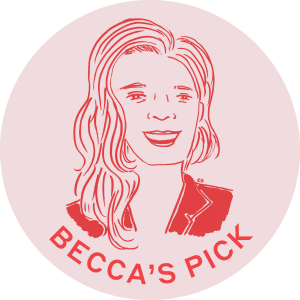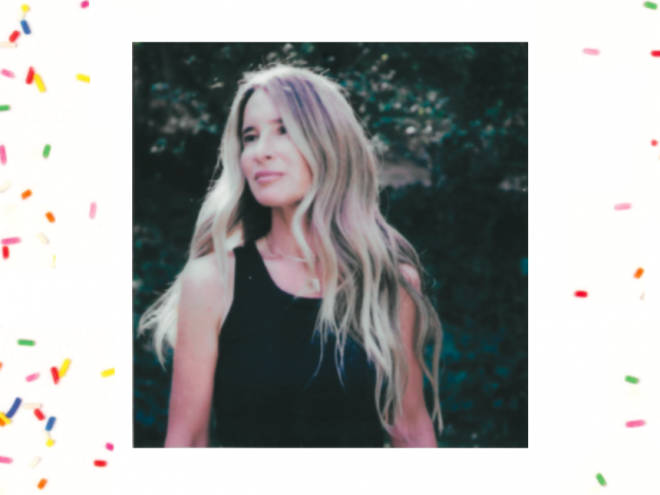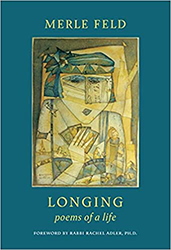At the start of Melissa Broder’s novel Milk Fed, twenty-four-year-old Rachel is beginning a therapist-recommended “detox” from her overbearing mother, who has always been critical of the way she eats. Rachel has internalized her mother’s voice so well her everyday food is both tightly controlled and joyless — for lunch, she eats a Subway salad with no dressing (“a modest caloric total of 160”) followed by plain frozen yogurt (“just 45 calories for half a cup”).
One day, Rachel goes to buy her daily frozen yogurt and meets the new server, Miriam. Although Rachel doesn’t quite realize it, Miriam looks just like the “self-portrait” she had made out of clay during a previous therapy session — in Jewish folklore, a golem. Miriam is plump and, unlike Rachel, appears to eat whatever she wants. Rachel is immediately attracted to her. She is also attracted to Miriam’s commitment to her Orthodox faith; Rachel grew up Reform and is now, she says, “sort of nothing.” The two strike up a friendship and romance, with the “zaftig girl” taking Rachel out to eat kosher Chinese food (even literally feeding her at one point) and bringing her to Shabbat dinner at the family home.
It seems to be no accident that Rachel fantasizes about high-calorie food using loving, even maternal, language: the burritos she covets are “warm babies swaddled up tight in blankets” and later, when a coworker shames her, she thinks that she would like to “just tuck [herself] into the warm pizza cheese and drape the mushroom over [herself].”
Broder is probably best known for the essay collection So Sad Today, based on her Twitter account of the same name. Milk Fed, her second novel, is similar in tone to Ottessa Moshfegh’s My Year of Rest and Relaxation and Halle Butler’s The New Me—both of which feature young women who are privileged, but also emotionally vacant and often unlikable. Rachel is all of the above, in addition to being judgmental and insecure (“Any gaze that increased in its esteem of me made me feel validated: like I was earning my existence”). But that is not a criticism of the novel, as Milk Fed is just so readable and Broder seems to have a lot of affection for her protagonist. In particular, Broder has made Rachel very funny, especially in her daydreams about food — in one surreal moment, she sees Miriam as a giant challah bread in front of her, shimmying “as if beckoning [her] to come dance with it.”
Near the end of the novel, Broder undercuts Rachel’s vision of Miriam’s perfect life — Miriam’s mother is perhaps just as overbearing as Rachel’s, and Miriam may never be able to (or may not choose to) shape a future of her own creation. But perhaps it was never really about Miriam; on the last page of the novel, Rachel has a dream and learns that in Hebrew, golem means “unfinished substance” — suggesting that although her clay golem is long gone, she will always have the chance to remake herself and her future.





